
By Anja Gassner, Philip Dobie, Robert Nasi
Published on June 17, 2021 8.58am BST in The Conversation
The United Nations (UN) recently launched the Decade on Ecosystem Restoration to prevent, halt and reverse the degradation of ecosystems worldwide. It is a response to evidence that our current abuse of nature has accelerated global warming and degraded natural resources to a degree that threatens the wellbeing of people.
The Decade will use overseas development aid to influence land use policies that align with its 10 point strategy. This will be channelled through instruments such as the Global Environment Facility’s drylands programme and the Land Degradation Neutrality Fund.
These efforts will be particularly important to Africa’s drylands. Drylands are typically low rainfall areas where high temperatures and a lack of water constrains crop, animal and forest production.
In Africa, drylands cover 60% of the continent. They are home to over 525 million people who depend on rainfed agriculture and livestock husbandry. The weather conditions, combined with the effects of human activity on the land, make drylands highly vulnerable to land degradation, known as desertification. This includes the loss of soil, soil fertility and vegetation.
Unpredictable climate and challenging socio-ecological conditions have shaped societies with astonishing and innovative coping capacities. For instance, dryland pastoralists produce more than half of Africa’s red meat and milk.
However, the climate crisis, with temperatures rising 1.5 times faster then anywhere else in the world, threatens the balance communities have created in this landscape. Conflicts over resources are on the rise and so is migration.
Investments in Africa’s drylands are needed to restore this balance and sustain productivity while catering to the next generation’s aspirations: providing job opportunities and turning local business into engines for development.



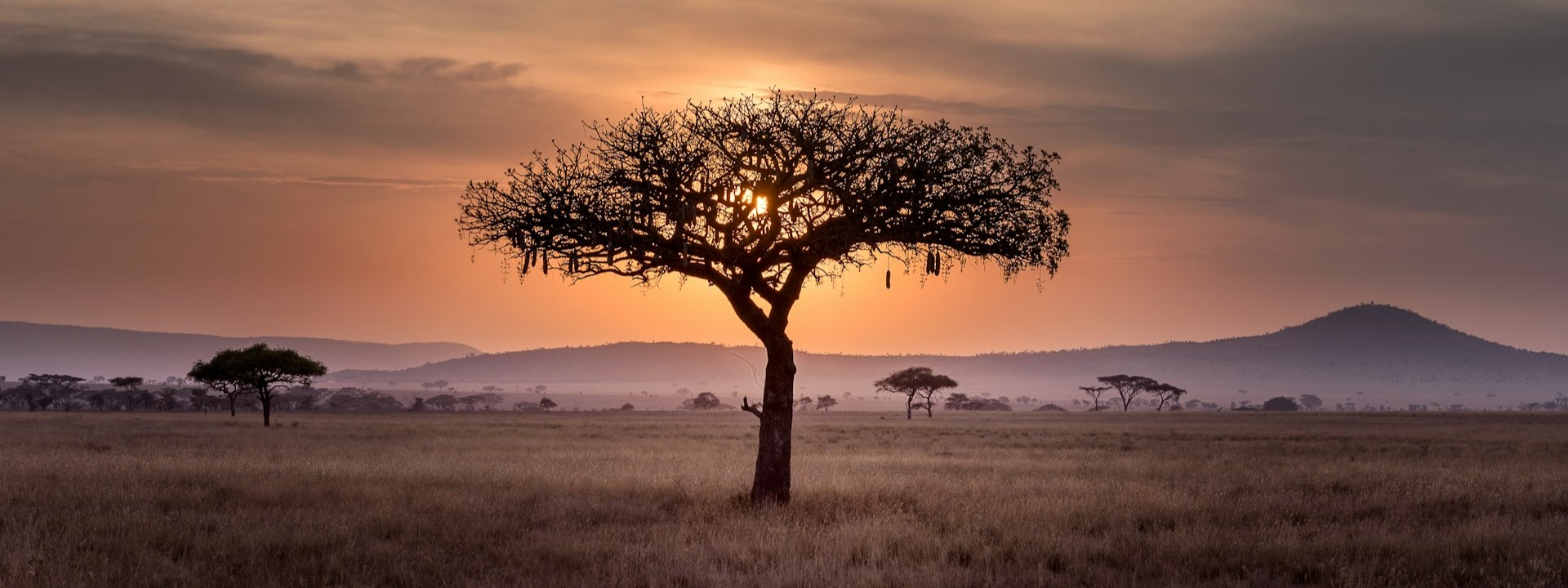
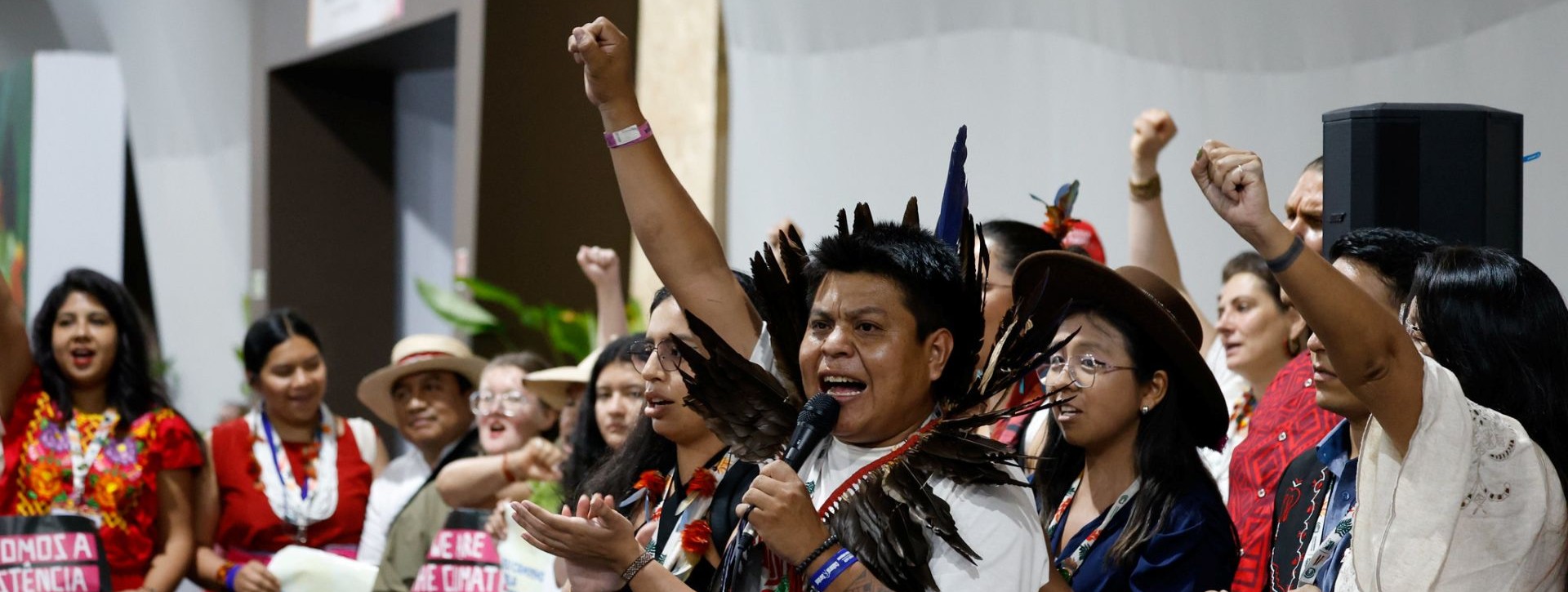
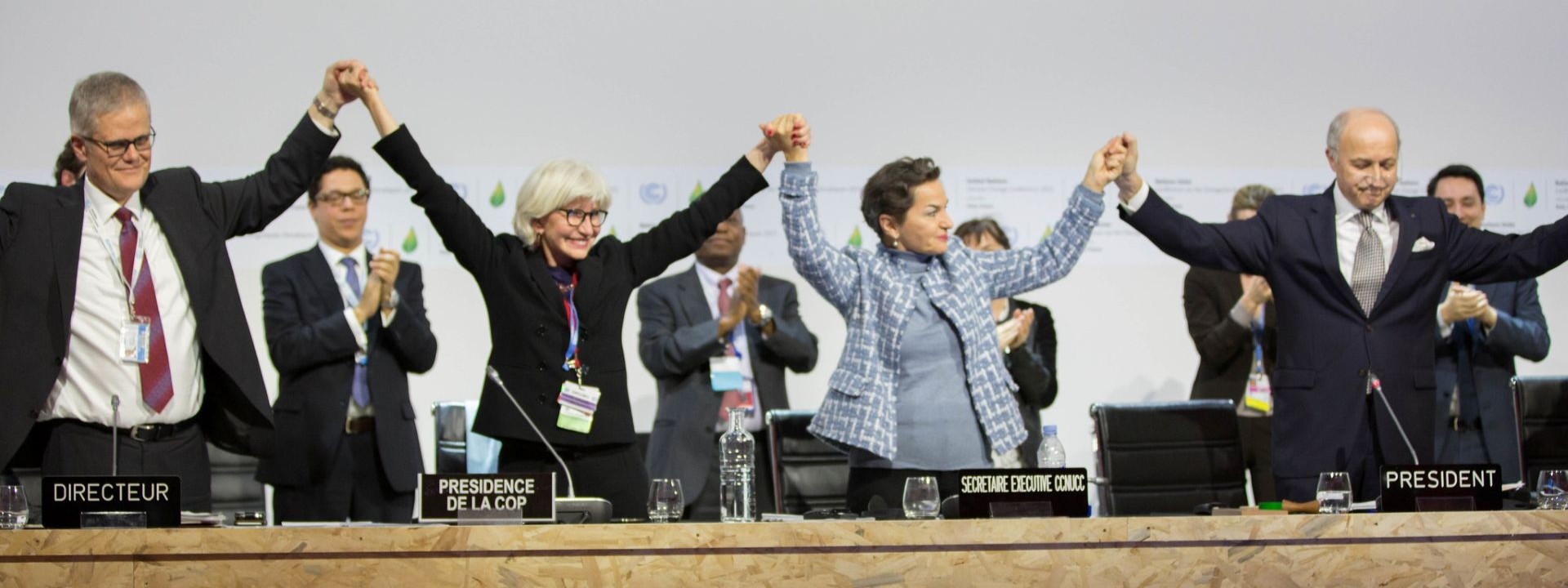
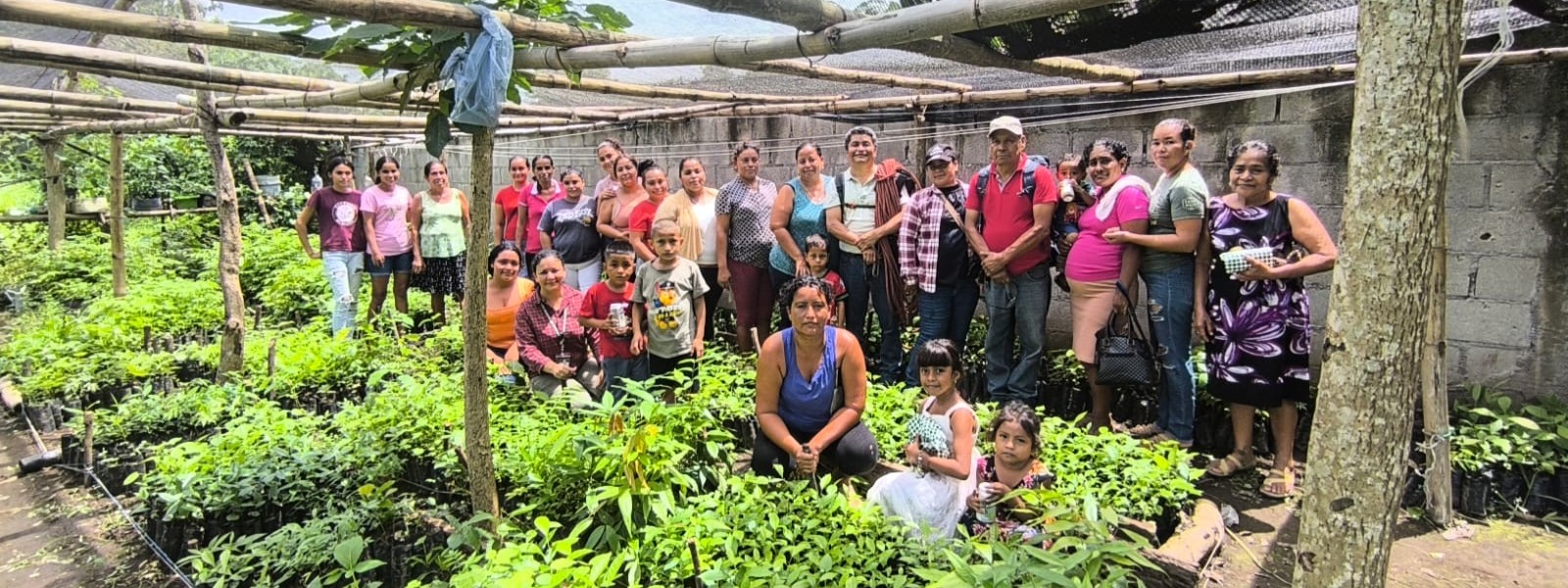
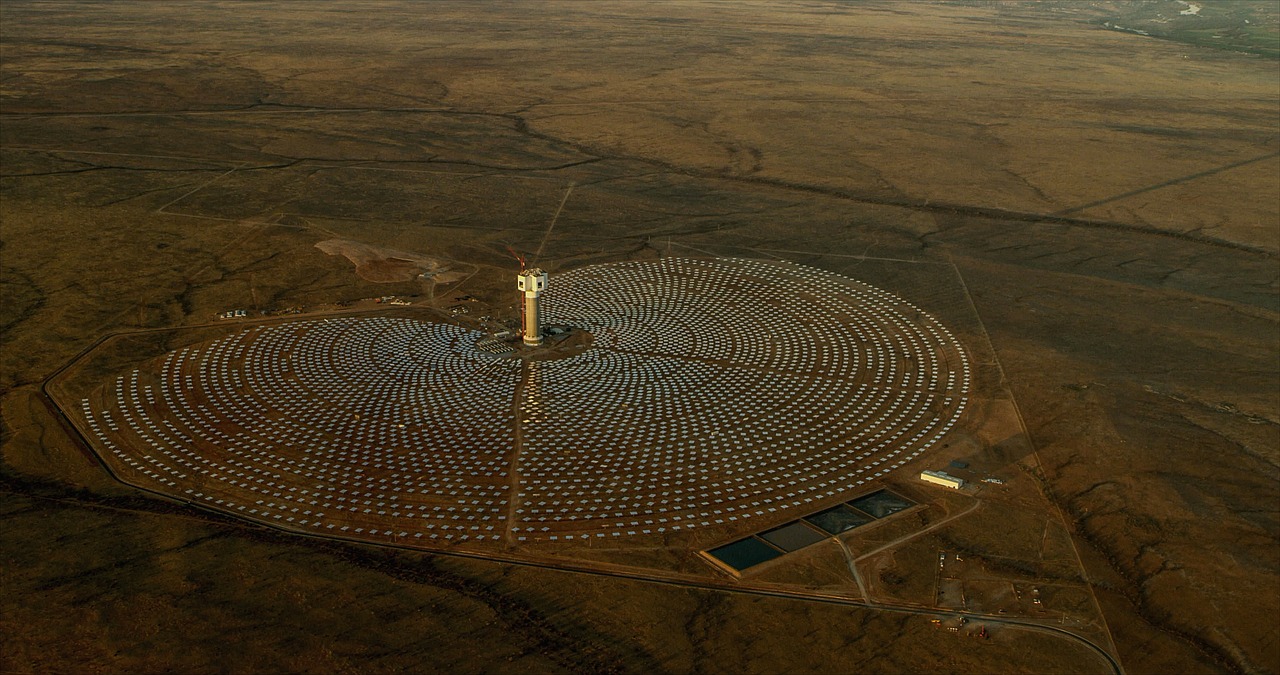
Share your thoughts with us